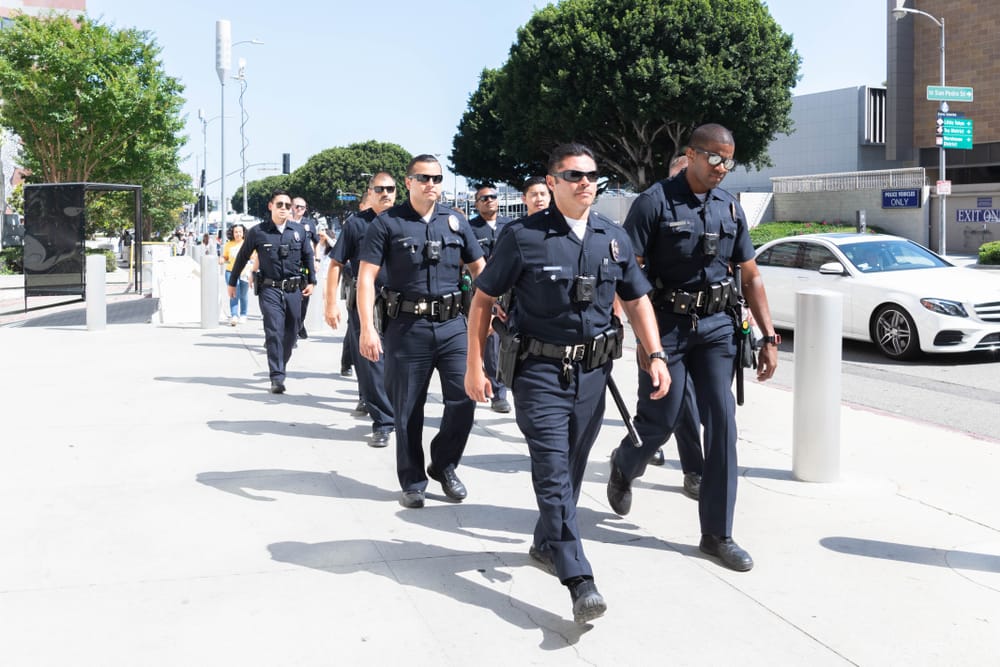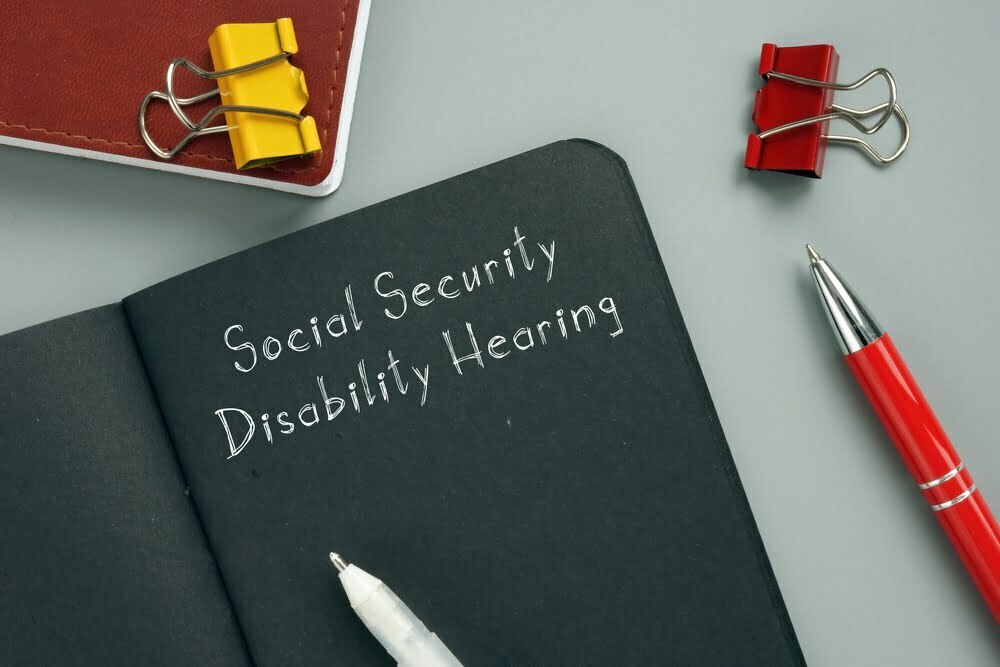
A few days ago, USCIS released a new policy memo on the approval of visa petitions for widows/widowers. The new policy allows a spouse of a deceased petitioner to continue with the immigration process even if the surviving spouse has remarried. (Under prior interpretation of the law, a surviving spouse could not immigrate if he or she remarried after the death of the petitioner.)
The reason for the new policy is due to a decision in a case called Williams V. Secretary, US Dept. of Homeland Security, 471 F.3d 1228 (11th Cir. 2014). In Williams, a foreign born spouse, Raquel Pascoal, married a U.S. Citizen, Derek Williams, and he filed a Form I-130 (Petition for Alien Relative) on her behalf. Mr. Williams died before USCIS adjudicated the petition. Ms. Pascoal then filed a Form I-160, Petition for a Widow(er). USCIS denied that petition because she had not been married to Mr. Williams for two years. (At that time the law required that a marriage must have had lasted two years.) She then remarried and divorced a short time thereafter. Upon her divorce, she sought to reopen the relative petition that Mr. Williams had filed on her behalf, but USCIS denied that as well indicating that she was prevented from reopening the I-130 because she had remarried.
The Court held that the statute did not prevent Ms. Pascoal from doing exactly as she planned on doing – she could seek to reopen her prior immigrant visa petition despite her remarriage. USCIS has now decided to adopt Williams as policy in all cases in the United States.
The new policy plays out like this:
If the U.S. Citizen spouse filed a petition for alien relative (Form I-130) before the U.S. Citizen spouse died and the surviving spouse has not remarried:
The I-130 will automatically convert into a Form I-160, petition for a widow(er). The surviving spouse can seek to immigrate as a widow(er).
If the U.S. Citizen spouse filed a petition for alien relative (Form I-130) before the U.S. Citizen spouse died and the surviving spouse has remarried:
The I-130 will remain an I-130. The surviving spouse may continue with the immigration process provided that he or she was residing and still resides in the United States at the time the petitioner died.
In either situation, it does not matter whether USCIS had approved the petition prior to the petitioner’s death. Nevertheless, a petition may still be denied on the merits if it would have been subject to denial if the petitioner had not died.
The policy memo does not change the law for widow(er)s of U.S. Citizens who are in the United States on K-1 visas. As long as the K-1 married the U.S. Citizen within 90 days of admission, the K-1 (and any children on K-2 visas) may continue the immigration process by applying for adjustment of status. It is not necessary for the widow(er) to file a Form I-360, just as it would not have been necessary to file a new Form I-130, had the petitioner not died. For non-immigrants on K-3 or K-4 visas (foreign citizen spouse and children of U.S. Citizens), their Forms I-130 would convert into Forms I-160 and they would continue the immigration process as widow(er)s and children of widow(er)s.
It is important to note that the policy of permitting widow(er)s to immigrate on a petition even if they have remarried only applies to those surviving spouses who were married to U.S. Citizens. It does not apply to spouses who were married to lawful permanent residents.





